Security Measures and Intervention Strategies in Kenya and Beyond Its Borders
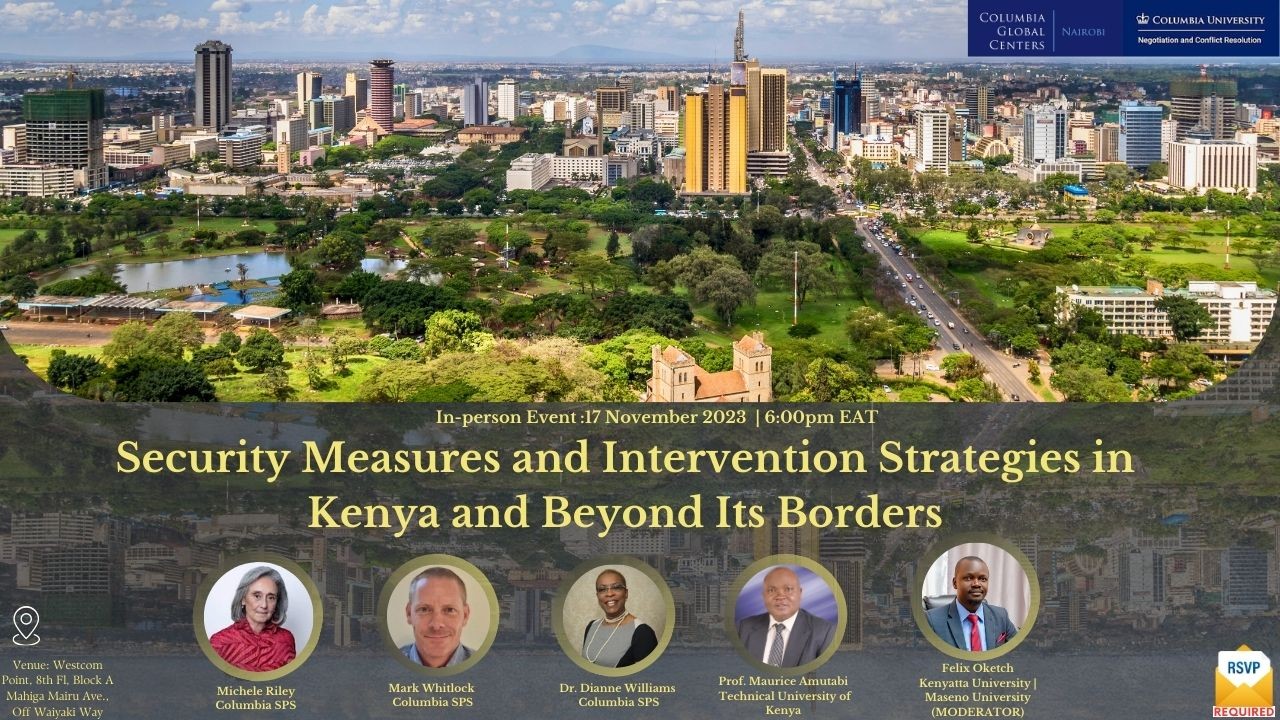
Space is limited - register today.
Discover new perspectives on resolving tribal conflicts and building peace in Kenya. Join Columbia Global Centers | Nairobi on 17th November 2023 as we host faculty from Columbia's M.S. in Negotiation and Conflict Resolution program. This is a unique opportunity to go beyond the headlines and understand the root causes of regional tribal tensions in Kenya. Learn about practical strategies to interrupt cycles of violence and create lasting peace. The event will feature presentations and group discussions so you can engage directly with the speakers. Come with your most pressing questions and exploring peacebuilding solutions in Kenya and beyond.
Moderator
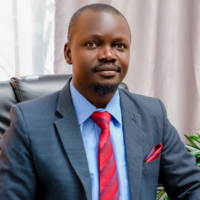
Felix Otieno Oketch is an advocate of the High Court of Kenya. He graduated from Kenyatta University in 2013 where he earned his Bachelor of Laws Degree (LLB). He later joined the Kenya School of Law for his Post Graduate Diploma where he became the second best overall student. He later joined Columbia Law School in New York for his masters in law where he majored in Corporate law. Felix is currently a lecturer at Kenyatta University - School of Law, Maseno University - School of Law and the Managing Partner of Felix Oketch & Co.Advocates.
Panelists

Michele S. Riley has over 30 years of international legal experience from working with international law firms in New York and Tokyo, Japan, specializing in commercial transactions and alternative dispute resolution (ADR) processes, both in private practice and as general counsel of a U.S.-based subsidiary of a Japanese multinational. Her areas of expertise cover ADR (arbitration, mediation and negotiation), commercial transactions, finance, cross-border transactions, including joint ventures and mergers & acquisitions, distribution/franchising, consulting arrangements, technology transfer and licensing, procurement, corporate governance and conflict management systems in the workplace.
Ms. Riley is a Fellow of the Chartered Institute of Arbitrators (CIArb) and serves as an ADR Neutral for the International Institute for Conflict Prevention and Resolution (CPR), the International Centre for Dispute Resolution (ICDR), the American Arbitration Association (AAA), the Financial Industry Regulatory Authority (FINRA), and several federal and state court-annexed mediation programs in New York, including the Pro Bono Appellate Mediator Panel of the Second Circuit Court of Appeals. Complementing her ADR practice, Ms. Riley teaches mediation and negotiation at Columbia University’s Morton Deutsch - International Center for Cooperation and Conflict Resolution and in its Master’s Degree Program in Negotiation and Conflict Resolution.
Ms. Riley is currently active in promoting the use of ADR in her roles as a member of the CIArb Examinations Board and as a tutor for the CIArb Accelerated Route to Fellowship program. As a volunteer for the International Legal Institute — African Center for Legal Excellence, Ms. Riley has provided training in international commercial arbitration to state counsel from the Attorney General’s Chambers, Botswana annually in 2015-17 and 2019, and administrators of the Nairobi Centre for International Arbitration, Kenya in 2018. Under the auspices of the International Senior Lawyers Project, she also assisted an NGO, in partnership with the University of Lagos, in developing a Master’s degree program in negotiation and conflict resolution at a newly-established College of Negotiation in 2014.
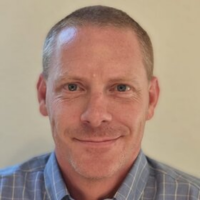
Mark Whitlock teaches in Capstone Thesis seminars as part of the Negotiation and Conflict Resolution program. Whitlock’s research and practice examines identity-based political violence and decision-making, emphasizing operational early warning and response (EWR).
His research has specifically analyzed the theory to practice nexus, forecasting writ-large, and the prevention of mass atrocities/mass killing. He has conducted research and consulted on regional early warning architectures primarily in Sub-Saharan Africa and Central Europe with organizations including The Economic Community Of West African States (ECOWAS), the Intergovernmental Authority on Development (IGAD), the UN Office for West Africa and the Sahel (UNOWAS) and The Visegrad Group. He recently coordinated research for the Africa Task Force on the Prevention of Mass Atrocities (ATF), and contributed to the development of an internal handbook on conflict prevention and decision making for UNOWAS political staff while based in Dakar, Senegal. He has contributed to developing online simulations for graduate students that explore the aforementioned themes highlighting conflict analysis, communication, and decision-making.
Whitlock has lived, worked and traveled throughout Africa, Southeast Asia, and the Middle East, serving first as a biology teacher at Nkonya Secondary School with Peace Corps Ghana, teaching in Tunis, Tunisia, and researching political violence in Ethiopia, Haiti, the Democratic Republic of the Congo, Lebanon, Indonesia, Israel, Rwanda, Burundi, Senegal, and Côte d’Ivoire.
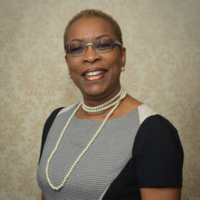
Dr. Williams brings a wide range of international conflict-related training experience. She has a strong background in the Caribbean and Latin America, in particular around criminology, conflict resolution, mediation, restorative practices, restorative justice and cultural competency. In her previous life she was a Criminologist and Consultant and has done coursework at Harvard University's Kennedy School of Government, the International Institute for Restorative Practices as well as the National Defense University William J. Perry Center for Hemispheric Defense Studies, where she is a rostered adjunct instructor. She is a Clinically Certified Criminal Justice Specialist, a Certified Sentence Mitigation Specialist, a Certified Social and Behavioral Research Investigator and a Certified Mediator. She is a Licensed Trainer of Trainers in Restorative Practices, a Crime Prevention through Community Engagement and a Crime Prevention through Environmental Design specialist. Dr. Williams has numerous publications and co-authored the 2012 United Nation’s Human Development Report for Trinidad and Tobago.
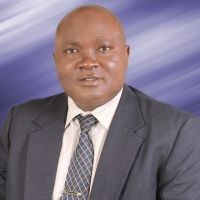
Prof. Maurice Amutabi is a Fulbright Scholar and holds a Ph.D. from the University of Illinois at Urbana-Champaign, USA. He currently works as a Full Professor in Social Sciences at the Technical University of Kenya and has worked as Vice Chancellor at Lukenya University, Kenya. He has also previously worked as Deputy Vice-Chancellor (Academic and Students Affairs) at Kisii University, Kenya.
He has been teaching at the University level since the 1990s in Kenya and United States. He is widely published in the realm of development and has over twenty university-level books, two novels, and two short stories. He is a peace and security consultant and teaches political science, history, international relations, gender, and development studies. He has taught at the University of Nairobi, Moi University, Central Washington University, the Catholic University of Eastern Africa, Kisii University, and Masinde Muliro University of Science and Technology.
Prof. Amutabi is the author of The NGO Factor in Africa: The Case of Arrested Development in Kenya (New York: Routledge, 2006). Prof. Amutabi is co-author of Nationalism and Democracy for People-Centered Development in Africa (Moi University Press, 2000). He has also co-authored the Foundations of Adult Education in Africa (Cape Town/Hamburg: Pearson/UNESCO, 2005).
Prof. Amutabi is the co-editor of Regime Change and Transition Politics in Africa (New York: Routledge, 2012). He has written two novels, Because of Honor (a novel on Islam in Africa) and These Good People (a novel on corruption in Africa). Prof. Amutabi is also the author of Nakhamuma Stories (a collection of short stories from the Abaluyia community of western Kenya). His chapters have appeared in over two dozen books.
His articles have appeared in several refereed and reputable journals such as African Studies Review, Canadian Journal of African Studies, International Journal of Educational Development; and Jenda: A Journal of Culture and African Women Studies. Amutabi has made presentations at over one hundred national and international conferences. Amutabi is the Vice-President of the Kenya Studies and Scholars’ Association (KESSA), Kenya’s premier research and academic organization.
He is the editor-in-chief of Kenya Studies Review and Eastern Africa Journal of Humanities and Sciences. Prof. Amutabi has conducted extensive research in border areas of Eastern Africa, focusing on issues of poverty, cattle rustling, and banditry. He has been the lead researcher on social protection projects and those dealing with vulnerable groups. Amutabi has supervised and examined many PhD and Masters Theses and Dissertations. Prof. Amutabi serves as external examiner of St. Paul’s University, Kenya; Masinde Muliro University of Science and Technology; Kenya Polytechnic University College; Kenyatta University and the University of Zimbabwe.
Prof. Amutabi has conducted consultancies for many leading organizations on economic, social, and political issues. He writes on educational and political issues in national newspapers. He is also a political analyst and has appeared on leading TV stations in Kenya such as Kenya Television Network (KTN), Citizen TV, and K24 TV station. He has also appeared in leading radio stations such as Citizen Radio and Kenya Broadcasting Corporal English Service radio station.